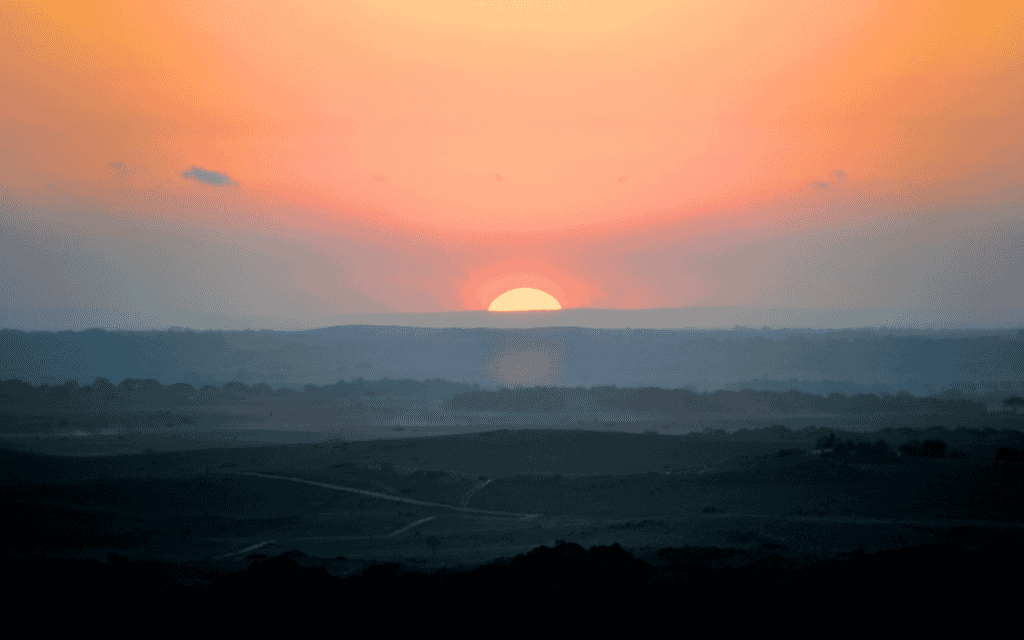Two years on climate finance is doing wonders to empower women in Zambia.

What began as a poultry project in 2022 under Jumbe Chiefdom’s Community Forest Management Groups Initiative to invest in women, and its local economy, has now diversified to include goat rearing, providing yet another revenue stream.
Each year Village Action Groups across BCP REDD+ projects carry out an annual needs assessment to identify gaps and needs in the community that will benefit the most from revenue from the sale of carbon offsets.
Thus, the Tiwilizane Women’s Club was born, comprised of 15 women, who were given 200 birds and equipped with the kit to feed and water them.
After successfully raising and selling the initial batch of birds, the group used the funds to purchase another 200 birds. In true entrepreneurial spirit, the women didn’t stop there and used the revenue generated from the next round of sales to buy each member of the group a goat. This purchase went a long way to address individual empowerment at a household level, while the group’s collective prosperity continued to enhance the community’s local economy.
Looking ahead, the Tigwilizane Women’s Club aims to diversify its income stream by venturing into microfinance initiatives, such as village banking. The group has also set their sights on buying a cow to assist Climate-Smart Agriculture (CSA) practices, further enhancing their agricultural productivity.
Globally, Zambia is ranked low on gender gap reduction and inequalities, sitting at 146 out of 178 countries under the Gender Inequality Index.

Climate change exacerbates these inequalities, and the impact of deforestation in Zambia is a prime example.
Many communities, especially in rural areas are still dependent on firewood for household energy. This ever-increasing dependence on forests intensifies deforestation and means the distances to collect firewood are much longer, predominantly impacting women and children who are usually responsible for collecting it. According to the EU in Zambia’s Gender Action Plan, men make up 62% and women 38% of formal employment. In contrast, 73.2% of women contribute to family labor, which is usually unpaid, as opposed to 26.8% of men.
To improve women’s social and economic rights, there needs to be a focus on increased access for women to financial services and products, as well as productive resources.
BCP’s REDD+ projects, not only help to combat deforestation, but through grassroots initiatives such as poultry keeping, goat-rearing, and village banking projects, women are empowered and given access to an income at a household level.
Helping to break this gender barrier that hinders women’s access to the formal economy and decision-making.
Related Articles
